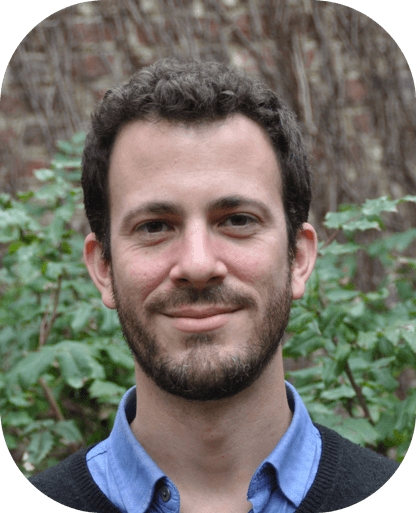
I am an Israeli citizen, working in Belgium for CIDSE, a network of social justice organisations, including Broederlijk Delen. My colleague, Brigitte Herremans, was denied entry to Israel last week, when she was travelling with a group of youngsters who came to see Israel and Palestine with their own eyes.
In the last decade, Israel has been going through a slow but consistent process of shrinking the space for civil society to engage in public affairs. Human rights defenders that establish work relationships with counterparts in Europe have been the target of smear campaigns, with some organisations and Members of Knesset calling them ‘foreign agents’. Visitors and volunteers who work to protect the rights of people living in the most vulnerable communities under occupation are being accused of de-legitimising Israel. Palestinians who accuse Israel of violating international law report being followed and harassed by unidentified sources.
Israelis and Palestinians alike are in a tough corner. There is no progress on the peace process, and no real debate on how to balance both communities’ need to feel safe and to shape their own future. Israel, the occupying power in the Palestinian territory, has no vision of a future in which Palestinians are able to learn, work, and live without the daily interference of Israeli soldiers. Anyone who calls on Israel to engage in a real discussion on a democratic way to balance security and respect for the needs of Palestinians, risks being accused of antisemitism or being radical.
Brigitte has been called this and more in the last few days. But the real purpose of these unfounded accusations and her ban from entering Israel, is to avoid an honest discussion on the occupation and on a peace that would be just and lasting. The accusers close their ears to different voices, and rather than responding to the content of the dialogue, attack the speakers. They do what they can to delegitimise anyone who does not support their views and refuse to accept the simple truth about the complexity of life: Growing as a person and as a society can only be achieved if you listen to people who think differently.
In preparation to the group’s visit, Brigitte was looking for both Israelis and Palestinians that would meet her group and tell them about life in Israel and in the occupied territory. She wanted the young Belgians not just to experience the history of the holy land but also to get to know the people who live there today. People that would be able to talk about their own experiences and express who they are – Israelis and Palestinians alike. Any person that objects to this type of activity and to what Brigitte represents, is promoting the radicalisation of the discourse and the closure of space for dialogue, whether they are doing it on purpose or not. These nay-sayers must ask themselves – and we must ask them too – if not through dialogue and mutual respect, how do they believe the Israeli-Palestinian conflict will ever be solved? And if civil society is silenced on burning issues, who will be left to discuss and defend the values we believe in?
